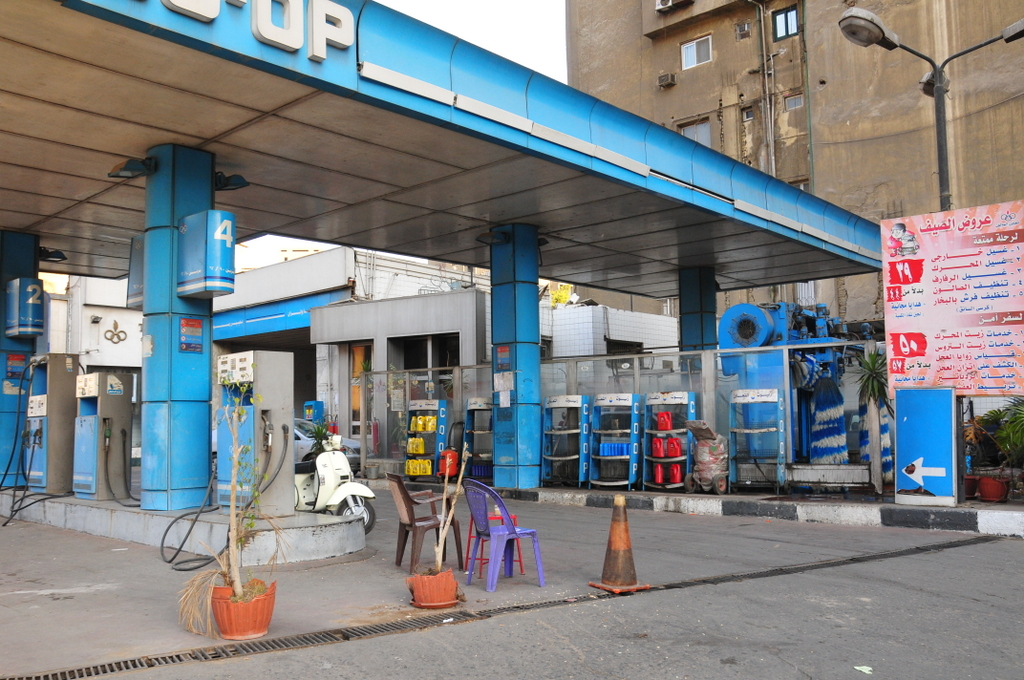Egypt’s ongoing portfolio of development cooperation comprises 30 projects worth $240m under the United Nations (UN) Sustainable Development Goal (SDG) 16: Peace, Justice, and Strong Institutions, according to Minister of International Cooperation Rania Al-Mashat.
She said that through these projects, her ministry is working to strengthen the state’s efforts to enhance transparency and participation and support efforts to achieve justice and equality, raise competencies, and strengthen governance.
Her remarks came during her video recorded speech in a conference organised by the Arab League, the National Council for Human Rights, the Arab Network of National Human Rights Institutions, and the United Nations Development Programme under the title ‘International Solidarity and the Sustainable Development Plan are central to the sixteenth goal: Peace, justice and strong institutions.’
She stressed that achieving the 17 SDGs for the year 2030 is the concern of all countries of the world, the UN, and various international and regional institutions, after all agreed in 2015 to achieve these goals through solidarity and joint action in pursuit of a brighter future in which everyone enjoys justice, equality, and the fruits of development.
Al-Mashat highlighted that Egypt has taken during the era of President Abdel Fattah Al-Sisi successive and consistent steps towards implementing the SDGs by implementing the country’s 2030 Vision.
She added that international institutions praised the boom that was achieved at the level of all development axes in Egypt during the past seven years, as projects were implemented in various sectors of the state that did not materialise over dozens of years.
Furthermore, Al-Mashat highlighted the role played by her ministry within the framework of the state’s vision and priorities to support sustainable development efforts and implement the SDGs through joint relations with multilateral and bilateral development partners.
She explained that the ministry has, over the past two years, developed a framework for international cooperation and development financing to maximise the benefit of joint work with development partners, ensure the consistency of projects with national priorities and the SDGs, and improve the management of development cooperation to effectively implement projects.
Additionally, she pointed out that to put national priorities into practice, the international cooperation ministry implemented a pioneering experiment based on the standards and methodologies of the UN and the Organisation for Economic Cooperation and Development, through which development funds were matched with the SDGs to accurately determine the contribution of these funds to the implementation of the country’s vision to achieve the UN goals.
This matching resulted in a comprehensive map of the current portfolio that includes 30 projects.



